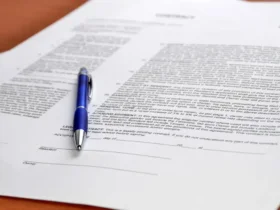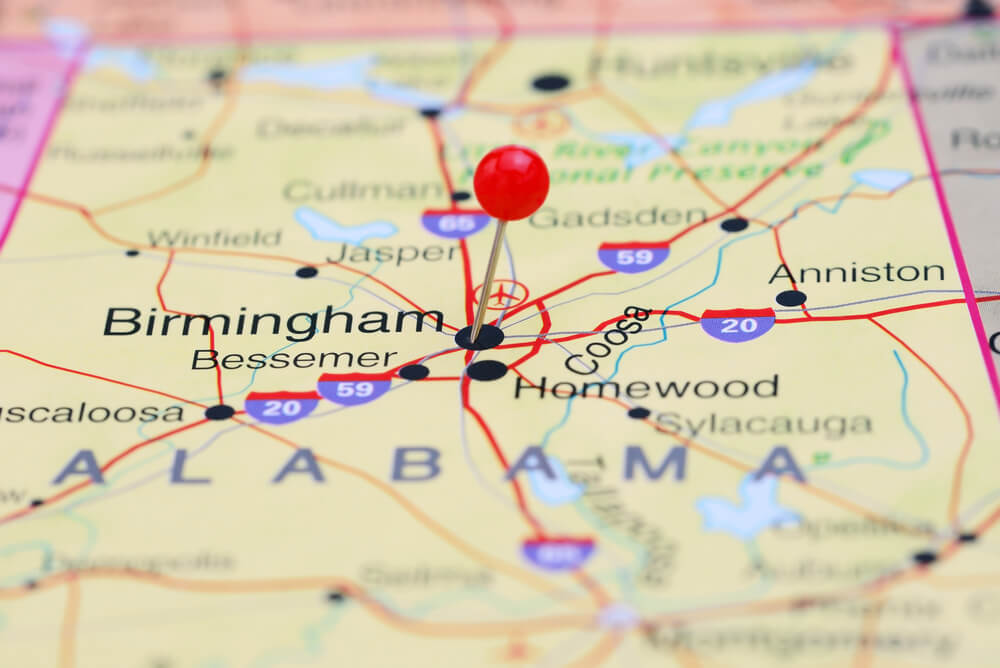Important: We updated this article in January 2023 to ensure the information below is both accurate and current. State law outlines who receives Alabama workers’ compensation benefits and how the process works. If you were injured or got sick on the job, you should focus on getting better, not feeling anxious about the claims process.
We’ve gathered the information you need to get the benefits you deserve.
Alabama Workers’ Comp Eligibility
State law requires all employers from Huntsville to Mobile with five or more permanent part- and/or full-time employees to carry workers comp coverage.
Important: Contractors, seasonal, volunteer or temporary workers do not have coverage. Federal employees are covered by the federal government.
Learn more about how to qualify for workers’ comp benefits.
How to File Your Alabama Workers’ Compensation Claim
Important: Seek treatment immediately if you require emergency or urgent care. Tell the doctor your injury or illness is work-related.
Every workers’ comp case is different, so your experience may vary. Most Alabama workers’ compensation applications work like this:
- Notify your supervisor within five days of your illness or injury. They file a First Report of Injury claim. Important: Don’t delay! You must report to your employer in writing within 90 days to qualify for workers’ comp. Your employer must file within two years from your injury date.
- Get a list of approved doctors. Only certain healthcare providers can treat your work-related illness or injury (except in emergencies). Important: If you see a doctor who isn’t authorized, you have to pay for the services.
- Wait for a decision. If you’re approved, there’s a required three-day waiting period before you can get any benefits. Conditions expected to last less than three weeks get compensation starting on day four; longer than that and your first payment should come on day 22.
- Take action if your claim’s denied. You can work with an ombudsman by calling the State toll-free at 1-800-528-5166 and asking for an examiner. Or you can hire an Alabama workers’ compensation lawyer to help you appeal.
Important: The Department of Labor’s own website notes it usually denies mental health-related workers’ comp claims. Cases involving preexisting conditions or repetitive motion injuries may also be harder to prove. However, hiring a lawyer can help.
Still have questions? Check out the Department of Labor’s FAQs for more about the Alabama workers’ compensation program.
Alabama Workers’ Compensation Statistics
According to the Bureau of Labor Statistics, Alabamans who missed work, transferred jobs or received restrictions spiked from 19,700 in 2019 to 24,100 in 2020 before declining to 20,100 in 2021. Alabama workers’ compensation claims reached 42,700 in 2018 before plummeting to 32,600 in 2021. About one-third of the decline was from a drop in service industry claims, which fell from 25,100 to 21,500 during the period.
Learn more about workers’ compensation benefits.
Related: How to Get Alaska Workers’ Compensation Benefits
How to Get Free Legal Assistance
When you’re dealing with a work-related illness or injury, navigating the workers’ compensation system can make you feel even worse. And since your employer chooses the doctor who diagnoses your illness or injury, you may feel you didn’t receive fair compensation.
Consider working with an experienced workers’ comp attorney for free, confidential claim assistance. These specialists typically work on a contingency basis, which means you pay no fee unless you win a cash settlement. You only pay a reasonable, one-time fee when your case is successful.
Ready to see if you may qualify? Click the button below to start your free benefits evaluation online now!
Get Your Free Benefits Evaluation
Margot Lester is the CEO of The Word Factory, a B2B & B2C content marketing agency that provides services for Fortune 100 brands, healthtech companies and SaaS developers. An award-winning business and brand journalist, she writes for daily and weekly newspapers and business journals, national magazines, in-flight publications and leading websites. Margot is also an in-demand writing coach and organizational communications trainer, helping individuals and teams write more effectively. Twitter/X: @word_factory LinkedIn: linkedin.com/in/margotlester.


















